Most people who recognize Filippo Sorcinelli's name will know him for his fragrances released under the UNUM and SAUF brands. Most famous of these is LAVS, an austere incense perfume that was originally a room and clothing spray for Pope Benedict XVI and Pope Francis. Earlier this year, he released Io Non Ho Mani Che Mi Accarezzino il Volto—a spicy, medicinal blend of cinnamon, clary sage, tobacco, and resins.
But more than just a perfumer, Sorcinelli is a painter, an organist, a photographer, and graphic designer. He has also designed sacred vestments for the current and previous pope through his LAVS Atelier. Sorcinelli discusses the inspirations and aspirations for his numerous creations below.
◦◦◦
Tone Glow: You've mentioned in other interviews that you spent your childhood in the church and grew to love its associated music, fragrance, and imagery. When I engage with your music, smell your fragrances, and look at the vestments you've created for Pope Benedict XVI and Pope Francis, there's an obvious seriousness with which you approach your art. Do you consider there to be a link between Art, be it in general or yours specifically, and the Divine? Do you believe there is room for humor or levity in the art you create? What is ultimately the goal you have in mind when creating art, and does it differ depending on the medium?
Filippo Sorcinelli: Art can’t disregard its own origins. Art comes from within each of us, where secrets, pulsions and desires lie, where our anxieties and fears connected to suffering are stratifying. All these factors form our soul, the special gift that can’t be touched... the Spirit. This is Art: searching for beauty everywhere, shaping the Spirit, making it accessible, drawing his contour, figurative or abstract.
It’s clear that shaping the Spirit led us to talk about “something” that is above us... something divine, because the Divine is the aim of everyone, Catholics or not.
The real ecumenism comes from here: describe in your own words what Spirit is for you, but the Spirit, like it or not, is only one. My Art comes from all these stratifications nourished by my life path, which is made of discipline, respect, and substance regeneration. I don’t think there is a lot of humorism at this moment, I leave that for the comedians or maybe when I'm in front of a glass of wine with my friends.
I prefer to talk about truth instead of sloppiness, about density instead of lightness, with a single light at the “tunnel” bottom: the Harmony of Beauty, also through unusual and changing materials. In order to express this thought one doesn’t need just tonal music or a figurative picture... when the eye and the ear are satisfied and when the spark of astonishments bursts, ripping our emotions, it is in that very moment that Beauty expresses itself.
The first perfume you released was LAVS, a heavy incense fragrance that was initially a room spray for Pope Benedict XVI. You've gone on to make many more perfumes, some of which don't conjure up images of the liturgical at all. Would you say you primarily find inspiration for your perfumes from things in the realm of olfaction or from other forms of art? For example, are you fond of wearing fragrances other than your own, and are there any that played a significant role in shaping any of your perfumes? Your time spent in the church naturally exposed you to the smell of incense but are there any other scents that you strongly associate with your childhood, and were any of those influential in shaping your creations?
I like to be precise. I have never realised a home fragrance for the Pope. LAVS (the incense of incenses) was born to complete the sacred vestment boxes in order to enrich the sensorial experience of whomever decided to depersonalize and get dressed with Beauty and celebrate something higher, and make one fly to another dimension, far from everyday life.
From LAVS the brand UNUM was born, UNUM is a continuous spiritual journey together with my personal path steps: the Gothic birth, the Virgin Ascension, the cult of boredom, the hymn to Marcel Dupré's organ music and the scented reading of a Mario Giacomelli photographic project (1961) about the suffered choice of young seminarists.
That’s why my inspirations for fragrances are exactly the same as in any others artistic discipline I cultivate: talking about me, about my sentiments with creative energy, in freedom and coherence.
Paradoxically, I don’t like very much scenting, nor leaving wakes of perfume. I prefer to let my nose open to any stimulus that a day spent with many people can offer. The nature of things, the victory of curiosity over mediocrity, are my imagination, my visions. Every idea genereted by my curiosity gets in touch with my own way of looking at the most important things—the beloved, the infinity. Every hunch becomes Music, becomes language, gesture going to the bottom of things, to the labyrinths of thought, to the danger of anguished hours, among the soul’s ghosts and solicitations. Inspiration is a dramatic vibration involving every sense; life and art are tied by a casual fluxus that neutralizes fears and fixes desires into matter.
Then, improvisation is like entering into the substance with that unspoiled freedom and coherence where the most intimate images can nest, where the truth blends in with the annulment of themselves. No formal, structural scheme, but only a spontaneous and always new wind that gets me in touch with nature.
I welcome it in solitude, with astonishment and an inncocent quake, following the inner impulse in order to connect with Beauty. My heart’s memories preserve a lot of scents and “Omnia tempus habet” which means “everything has its own time”. They have to open a way, create a hole in the shell of my soul, in order to express themselves through me.
You launched three perfumes under the SAUF brand last year and they were influenced by individual organ stops found on the Grand Orgue in the Notre Dame de Paris. Can you share the significance of each of these fragrances and the thinking behind their associated organ stop? How should one distinguish perfumes released under SAUF from those released under UNUM? Is there a connection between the three SAUF perfumes and the brand's couture and jewelry?
Sauf is french …this word has a special and double meaning: except and saved. Exception and Redemption. SAUF can describe an interesting project better than others words. Free from any production conditioning, SAUF is Fragrances, Bijoux and Haute-Couture.
SAUF FRAGRANCES describes with different incense modulations the Notre Dame de Paris Grand Orgue registers. This is the substantial difference between SAUF and UNUM.
The incense in all his forms, treated, maltreated, pushed, reinvented, betrayed also, sometimes.
Here, a real incense, almost figurative, there a feeling, just an illusion. There is some virtuosity, as under an olfactive hypnosis spell, a superlative weirdness able to overcome the musical score in order to find in the improvisation a sort of melancholic abandonment.
Nowhere like in SAUF have music and perfume been so close: in both cases we can talk about “tones”, “organ”, “harmony”.
In 1865 Septimium Piesse fixed a range of correspondences between musical notes and perfumery raw materials.
Music and perfumery are both deliciously intangible, impalpable, evanescent and therefore, unforgettable: their mysterious immateriality don’t prohibit to touch the heart. Music and perfume have been a way to communicate with heaven, because of their access to the invisible. Sacred music and scent are made to understand each other. And the circle closes. It's a meeting of two passions of mine: organ and scent. SAUF is nothing less than a return to the source of perfume and humanity.
The registers penetrate into the arcane meanings of the cosmos, expressing a vision, gloriying and strengthening it.
Nothing is tangible, all these powerful and velvet sounds can’t materialise to the eye or become a sculpture to touch, but they are substance, wind of a single breath, natural proximity between the leaves of the contemporary darkness and the traces of the day.
You can live light, in the suspended experience and out of the common time. Improvising. Free.
Operating a register is like opening the evocation’s world, the mystery of ourselves.
Music and incense are not just a thought about sounds, they deeply enter the soul and let you know thw quality of an infinite composition.
We are not going towards the incense music; the music is coming to us together with the incense, like the sunrise meets the day.
Enchant me organist with your works, produce that metamorphosis of my thought that naturally becomes contemporary accordance. Incense and organ are now really siblings, lovers producing together the eco talking about an evolution with no history, an evolution that goes further and pursues the origin of its small expected birth.
They are the ones who write in the space of renunciations, with brave actions choosing the appropriate register into the silence that has understood and will not forget the darkness, in order to launch the sacralized gleams that warm the earth and burn the universe.
It’s all about realizing how much incense is to each of us…
• Plein Jeu III-V •
THE FREE POLYPHONY OF ANGELS.
PLEIN JEU IS AN ORGAN STOP COMPOSED OF SEVERAL ROWS OF ORGAN
PIPES THAT ON ONE NOTE OF THE KEYBOARD, ARE SPEAKING
SIMULTANEOUSLY. IT IS CONSIDERED THE CLASSIC TYPICAL ORGAN SOUND.
THIS BLEND OF SOUNDS CONSISTS OF GRADUALLY SMALLER AND SMALLER
PIPES THAT PRODUCE A FAIRLY LOUD SOUND, UNTIL IT GOES BEYOND THE
HUMAN HEARING THRESHOLD.
IN ITALY ITS SIMILAR CORRESPONDING STOP IS CALLED MIXTURE.
WITH THIS STOP “PLEIN JEU OR PRÉLUDE” HAVE ALSO BECOME PRECISE
FORMS OF MUSIC, MAINLY HOMOGENEOUS TRACKS IN BINARY OR
QUATERNARY TIME. THEY ARE LIKE INTRODUCERS SONGS AND MAKE USE
OF AMPLE AND SEVERE RECORDS.
• Contre Bombarde 32 •
THE BOMBARDE IS A REED STOP, GENERALLY PRESENT IN THE ORGAN
PEDALS WITH THE MEASURES OF 8, 16 OR 32 FEET (THE LATTER, HOWEVER,
IS CALLED CONTROBOMBARDE)
OF A TYPICALLY FRENCH ORIGINS, ITS RESONATORS ARE MADE OF
INVERTED WOODEN PYRAMIDS.
IN THE FRENCH ORGANS THE CONTROBOMBARDE IS, TOGETHER WITH THE
TRUMPET AND THE CLARION , THE SO-CALLED BATTERY OF REEDS. THESE
STOPS NEED A SIGNIFICANT AIR PRESSURE TO PRODUCE POWERFUL AND
BRILLIANT SOUNDS.
THE BOMBARDE PRODUCES A SOUND SIMILAR TO THE STOP OF TROMBONE,
FROM WHICH IT DIFFERS IN A MORE PRONOUNCED FULLNESS, CAUSED BY
THE PRESENCE OF DOUBLE (AND SOMETIMES TRIPLE) REED AND THE TUBA.
IT IS THE MOST POWERFUL ORGAN STOP.
• Voix humaine •
THIS STOP DESCENDING DIRECTLY FROM REGALI, IN THE ROMANTIC AND
MODERN ITALIAN ORGANS IS WITH THE NAME OF "CHORAL VOICE".
ITS ORIGINS ARE BAROQUE, SO EXIST 10 VERSIONS INDEED.
THE COMMON CHARACTERISTIC OF ALL THESE VERSIONS IS THE DOUBLE
CONE RESONATOR. THE SOUND OF THIS STOP IS RATHER PECULIAR: SWEET
AND DENSE AND ITS USE TOGETHER WITH THE TREMOLO CREATES THE
SUGGESTIVE EFFECT OF A CHORUS OF HUMAN VOICES.
Your newest perfume for UNUM is "Io non ho mani che mi accarezzino il volto". Its name is taken from a collection of black and white photographs taken by Mario Giacomelli. As you mentioned before, Giacomelli intended to capture suffering with these photographs. Are you trying to do the same with this new perfume? As a teenager, you had the opportunity to get to know Giacomelli personally. Can you speak of your interactions with him, what he was like, and the impressions he had left on you, be it in relation to art or your personal life?
When I was very young I met Mario Giacomelli (Senigallia, 1925-2000) thanks to the serigraphy ELLEA’ of Lorenzo and Anna in Mondolfo. Mondolfo is about twelve kilometers from Senigallia and I often worked in serigraphy for Giacomelli, where they printed posters made by himself, which could not print alone with his own mechanical typography. I had the first meeting with Mario Giacomelli right in the rooms of “Marchigiana” typography in Senigallia behind the town hall. An intense smell of tobacco mixed with inks of printing machinery perfumed the rooms.
The essence's name reveals a fascinating history: in 1961 Giacomelli came in contact with a group of young students of the Episcopal seminary of Senigallia. With the permission of the curia he began to photograph their moments of leisure after tlong hours of study and prayer in preparation for the church life.
He produced images of priests playing ball, while moving on the snow wearing big coats, while pulling cushions between the confusion and fun for everyone; at the end he photographed a series of “Ring a Ring-o'Roses” from the roof of the seminary.
During a Sunday visit to the "little priests", Giacomelli brought cigars to boys and photographed them while they smoked, so the seminary accused him of having created havoc in a place where discipline and rigor had to reign, and they denied him permission to take photographs.
Don Enzo Formiconi, rector of the Episcopal seminary of Senigallia, a friend and supporter of Giacomelli's work, was harshly criticized, enough to be relieved of his duties.
Giacomelli named the series of photos of seminarians at first “Pretini”, then later decided to name it with a verse of a poem by David Maria Turoldo, "Io non ho mani che mi accarezzino il volto", linking those images to a precise concept—a choice that wasn't easy.
The bottle's cap is coated with a double fabric leather and metal almost “to be shaped” like a sculpture.
The materic drapery alludes to the "dance" of the seminarians cassocks and the fabric material wants to evoke the equipment bag of Mario Giacomelli smelling of tobacco.
A photo on the package remembers the rector Don Enzo Formiconi who lost his job in the seminary of Senigallia because of those shots of Mario Giacomelli. Those photos became famous around the world.
You released a full-length album entitled Francophilie which features organ pieces composed by J.S. Bach, Pierre Cochereau, and Charles-Marie Widor. How would you describe your relationship with the organ? Do you play any other instruments? And if so, what draws you to the organ more so than the other instruments you play?
Today I can say that the organ has always been part of myself since I was a kid. Its sound is the one I can’t live without. It is a research focus and the world seems to rotate around it. It is the only instrument able to go deep inside the human soul with an unequaled ability to engage phisically and emotionally. It's not by chance that Mozart has glorified it, calling it “The King of musical instruments” for its completeness, richness and architecture.
The organ is part of me even when it remain in silence and I’m nurished as if it was the grain of every art and every science, I feel its mystery and its being is boundless.
Francophilie turned off the first part of my personal and professional life. It made me free from musical superstructures, technicalities and various academicisms. The time had come to choose a music and to look beyond the score.
The only regret I have is: I would like to dedicate to it more attentions during the day.
Some of the music you have posted on your Soundcloud shies away from traditional classical music and more into (dark) ambient territory. Do you listen to much contemporary music? If so, can you give examples of artists you admire? If not, what steers you away from contemporary music?
Today, the music is a psychological journey, the music is to me an instantaneous sound event where the different silences are the narration of a difference that is difficult to decode. It is the mood of the moment, that through improvisation reveals itself. It is the chaos changing into balance, opening the way to a world of unreal sequences, where feelings settle and spread in a sudden, explosive, disturbing echo.
This mood leads to a dark world where the darkness is the island of our own solitude.
My bordless inquiry with the organ finds its own sacred place, creates a loss of borders and generate dreamlike visions, playing with tones, timbres, time and silence. This magmatic and silent sound is comparable to a dream, where all the emotions flowing into the absolute black symbolizes for me the core of things, the privation of the superfluous and the richness of introspection.
Playing the organ is to me, today, an act that respects the origins, an act shaped everywhere: into the wood, along the sea, in this imperfection that I always loved and from where I always drew on.
Everything feeds everything: the sacred vestments has fed my vision of the fragrances, they at thier turn fed the borders of my photography... Photography has dyed with black the new haute-couture collection, that in turn, draped my organ improvisations.
Everything has his time to turn into a creative fluxus without borders or break.
As a musician I listen to all music, I absorb all the solicitations and I treasure it. In the little I'm able to listen to music, I listen to Olivier Messiaen, Bjork, Buxtehude, Kraftwerk, Cecilia Bartoli interpretations and musicians like The Telephones...
All this is a linear gesture, coherent with my past and my actual idea of life. I follow the paths of independent choices without political and religious strings attached. My improvisations are aggregations of sounds restoring my balance, sounds that applaud a very far Infinty, among scented wind’s tones, black fleshy velvets coming from the deep magma and opening up in their asymmetrical truth.
There's a very clear physicality to your paintings and art installations that I imagine you want people to notice and feel. Do you feel like these mediums of art allow you to express yourself in ways other mediums can't? You stated that "everything feeds everything"—how has working with these specific mediums impacted the way in which you approach or work with other mediums? Would you say that this "feeding" process is more general and abstract or specifiable and exact, or both?
Matter absorbs everything, being lost or founded in it, is the most sincere way to give absolute value to artworks. When one is reborn in the form of an enriched creature, there are not privileged medias but a universal language adopting every instrument and transforming it into a brush able to design a stretch of one’s life, a mood, or a special sentiment. The body gesture that I assume shows the path of my research. Everything is weighing and everything feeds the contrasts, the distortions, the morbid habits, the desire of digging. I wouldn’t want us to stop at the clear surface, I would prefer to move in the fear of what we might find in ourselves, whatever it is. This is the way to the truth.
With art installations, there's a clear importance to the space in which a piece is located. In other words, an art installation is comprised of the physical piece that's created, its environment, and the interactions that occur between these two (and at times, a participant). These things can be considered and prepared prior to someone engaging with them but for your fragrances, people are free to wear them whenever. Do you consider there to be a recommended or optimal way in which one should engage with your fragrances—a specific time of day, location, or season? Do you think one should be wearing specific type of clothing to match with your fragrances? Are these things that you think should even be considered when making a fragrance?
All this is a real mystery. I don’t have the power to declare to the world something absolute, I simply have my way to look at the mystery. Everything comes from an impulse—I’ve been saying this for a long time—and the impulse comes from a state of mind. The one who can freely argue, describe, sculpt and score his own mood without external contaminations, has reached both truth and coherence. I have to say that Music helps me a lot in this process: I find this mystery among the notes, in the distance between them; distances that are audible but not measurable. We can recognize the interval between the sounds but I can’t say at which precise moment everything could be accomplished or how long it will take to collect among the fog my sculpture of life and what harmony it could belong to.
All this process is not sensible to the canonical seasons, but lives its own temporal silence measure, where the most intimate, unpredictable reactions stay, shaping the score of imagination. From the glimpse of impulses can come reactions that don’t let us resign to the non-sense, they are olfactory animations feeling the booster's evocation more than the seasons or the moments. I let the ones that are perfuming themselves the most become a sort of extension of my impulse, spreading my primitive emotions, generating ideas. Nothing else exists but cultivating our own redemptive spirit.
In an interview with DW, you mentioned the difference between the vestments you've created for Pope Benedict XVI and Pope Francis. The former's are far more ornate and extravagant, and you stated that this was because Pope Benedict XVI wanted to express the beauty of God. In contrast, Pope Francis's are far more minimalist. Interestingly, you said that these relatively modest vestments point more towards Pope Francis himself than to God. I imagine numerous people would argue that it is the opposite. Can you expand on this idea? Do you feel like Pope Benedict XVI's vestments could be seen as something that could highlight himself more than God?
I have never said that Pope Benedict XVI was wearing more eccentric clothes, nor that the sacred vestments attract more attention to the Pope than on God! My job would be vain and ruinous. A sacred vestment is not a theatrical suit and it has to talk about the private person’s absence. The one who is wearing it, is at the place of Another. Pope Benedict XVI himself says that the priest is not the most important, the priest doesn’t talk about himself but about Him, having made himself an instrument at the service of God. The priest acts in the name of God, as a messenger "in persona Christi". Taking Saint Paul’s words: in front of those who waste their life eating and drinking excessively, in impurity and dissipation, Saint Paul shows the way of “being dressed in Christ”—dressed of such a high Beauty that men have tirelessly sought to repeat through their insufficient means, incomparable to the Divine.
The two last Popes comes from very different geographic and cultural positions. And THIS is really decisive in matter of "taste", because the Liturgical and artistic culture induces one to choose, even if this choice must have one purpose: referring to something that goes beyond the meaning of exterior clothes.
It is an anticipation of that new and absolute astonishment which is the emanation of God’s light. This is concerning every sacred vestment but clothes in general are also an expressive sign. It is not anymore about covering the body and hiding its forms: when covering the body we make it visible instead of increase its grace and expression. This happens also in architecture, where there is matter of sensibility, when we want to make intelligible something that is as indefinite as space is.
We separate space with opaque limits: we realize in that way a little artificial universe, visible to the eye and evocative for the Spirit. It hides itself in order to reveal the interior of God, made accessible to our faculties.. it can be used as a tribute offered in the attempt to describe the supernatural Majesty.
Are there any specific vestments you have created for either Pope Benedict XVI or Pope Francis that you're particularly fond of? And hypothetically speaking, if you were to design a vestment for yourself, how would you want it to look?
All my artworks, all of them are for me like little daughters, whether they are for the pope or for a simple priest. When they are gone they enter into memory because we often associate them with special moments or moods. Of course I remember very well the first sacred vestment I realized for Pope Benedict because it was the one that consecrated our atelier LAVS at an international level.
Regarding myself, every drawing I make undergoes—almost automatically—a mental elaboration: I draw sacred vestments and today also haute couture as if I had to wear them. Right after then, the idea of universal Beauty takes over and my body becomes a limit. In this way there is a real separation between what to be and what to reveal... I prefer the second one.
As is abundantly clear, you've dabbled with numerous mediums of art. Are there others that you haven't explored yet that you would like to explore in the future? And if so, how do you feel like they would help you in further expressing your vision?
Music gave an impetus to many of the disciplines I cultivate: the research of sound through improvisations made me deeply enter into my soul, scratching the substance at the bottom of it and presenting it in a new form. This is my infinite nourishment and as something infinite, it doesn’t feel expressive limits nor mathematic calculations. For me every day is the last one and at the same time, a new one. That’s why I’m always in a hurry to speak and am joyful to create, using all possible means, in the madness of the primitive gesture, in the mystery of what will happen only after having made it.
What upcoming projects are you currently working on that you're most excited about? Is there anything unrelated to your work (be it art-related or not) that you're looking forward to?
Today, having reached the haute couture sector, it makes me more and more curious. It made me dive into a world of stress without ever losing the sense of Beauty. Every new look I treat gets contaminated and evolves spontaneously through the flame of the previous one. I turn my head and look back and only today I realize that everything I have made is in a close connection with me and my life... and I realize that there is no more difference between work and life.
The world, historically, is full of disappointing artwork that leaves a bad taste in our mouth or causes no reaction. That “weirdness” is missing, that strangeness, that magic, that mystery that lets Art land in very special places, where by magic one can live through music, poetic painting, olfactory drapery and unknown substance. It is an unseen garden where one says yes to life without clichés, with a propulsive force that always reaches over because truth doesn’t reflect itself in facts, but recognizes an authentic purification process in Beauty, beauty that doesn't have precise meaning but a continuous path.
Do you feel like there are many others who share the same vision you have for art? If so, who?
This world is such a complicated one for the ones who think and for the ones who create. It is an endless script and we often share it, at least for a few minutes, with those who make choices similar to our own. History taught me the existence of some people who had this common demoniator of incessantly searching for a this particular idea of art and Beauty. Sometimes this search has become an obsession, sometimes a battle, a fight. I don't have a specific number, but I’m convinced that I‘m in good company with these people, both past and present.
Is there anything else you would like to add that you would like for readers to know, be it about yourself or your art?
I want people to know that I'm not privileged. Sometimes I think that I’m a wretch who, as personal Purgatory, has the work of communicating the true meaning of things with no break, no rest, no peace. I'm always worried about making something in order to leave it. I'm sure that loving means to understand and let free, to find one who appreciates you without the desire to change you, who shares without contaminating you, who leaves you in your world and brings you into the world. And that's even if they're a step behind you, because the position of our bodies is not that important. What's important is what you feel, and that goes beyond things and actions. I’m for the audacity, the courage, the determination of being outside the box. I’m against being sold at any price, I don't think I will ever accept it. And this immediately catapults me out of actual reality. I’m for the ones who protect, not for the ones who own.
I’m for the ones who suffer the truth and what it means in life. But my major difficulty is being understood and it makes me a very unlucky person: a lot of people with less content receive bigger accomplishments while spending less energy. Is this fate? Destiny? Luck? I often think I have made something wrong because I believe we can matter, but today we are immersed into daily indifference, simply fighting for life and simply surviving it, trying to grab with our hands something intangible. And you actually realize that the talent becomes a weight, not a pride. Who chooses all this? Me or someone else? Is it simply the associations of events and ideas? Is man the engine of his own existence or simply the protagonist of a gigantic chess game? We’ll never know. To choose and to let go are the most important of man’s virtues... that’s all. Man’s mistake is to feel important. I don’t think I am. Freedom is important, because it means acting, having strong convictions. All the rest goes and flies away. We have to fight for what we believe in. The rest doesn’t really matter.



![KoMrNo1[1].png](https://images.squarespace-cdn.com/content/v1/55282a19e4b0c4ec502b6f16/1506257554121-BGYIK3J0UHCBK7FNG5UI/KoMrNo1%5B1%5D.png)
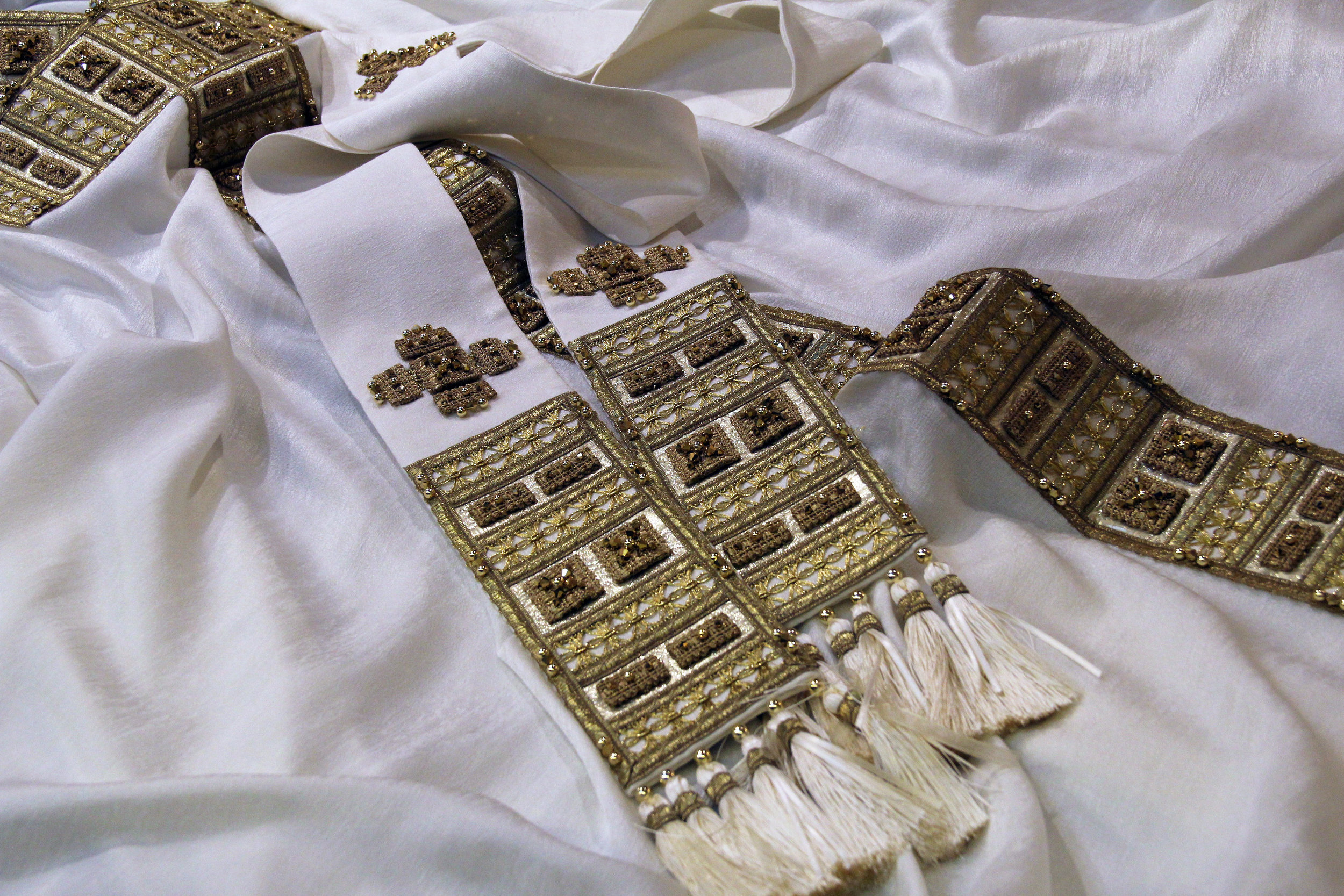
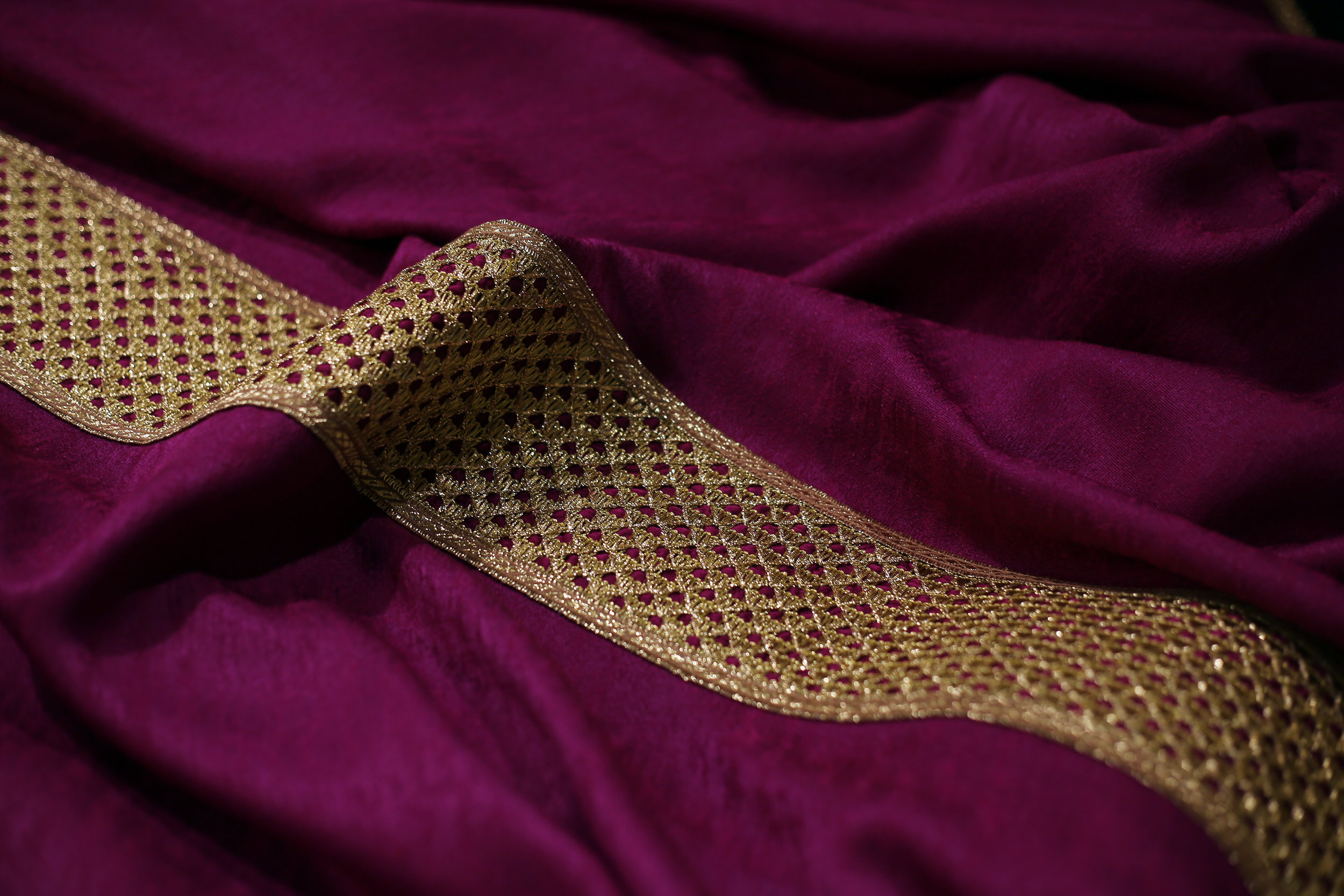
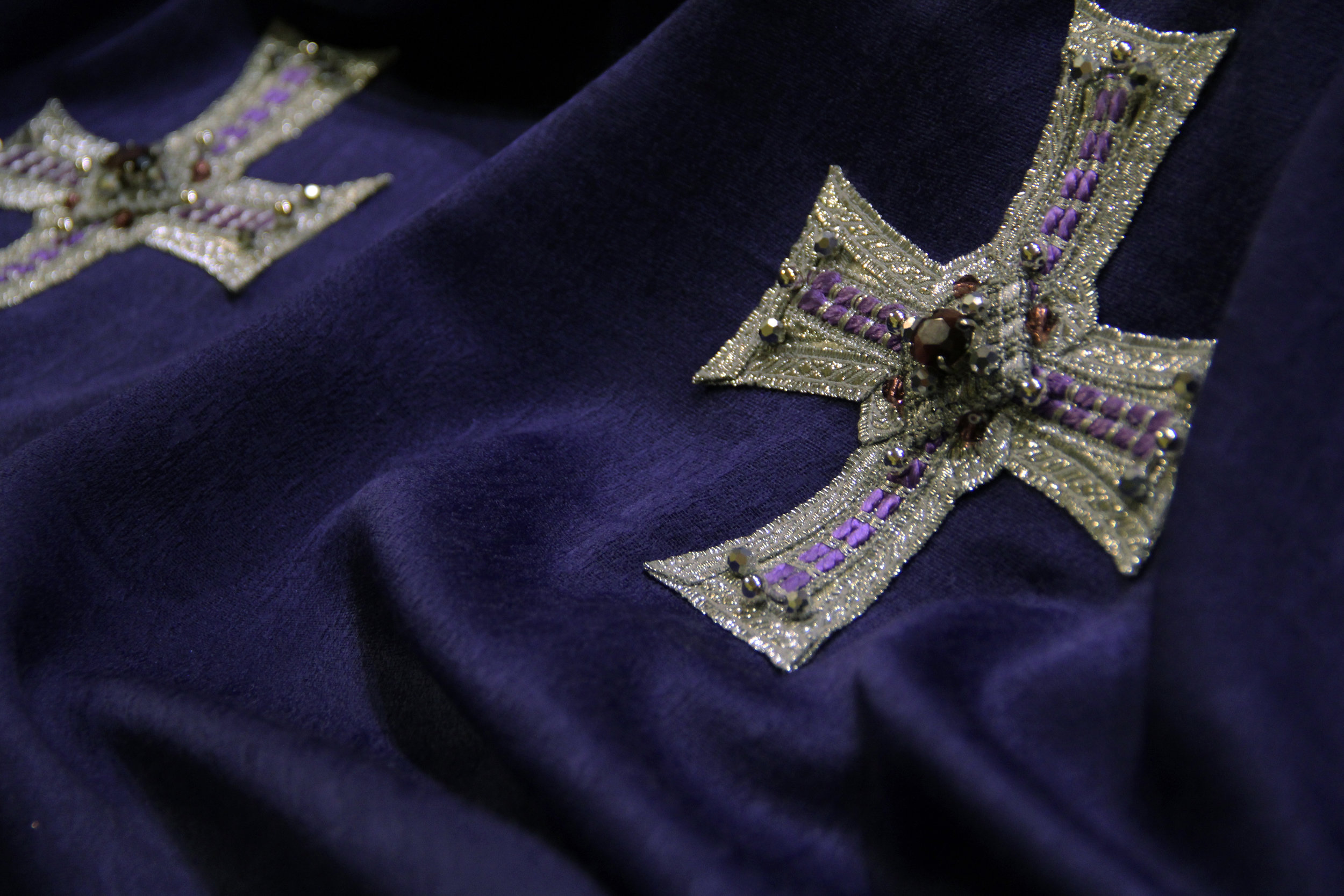
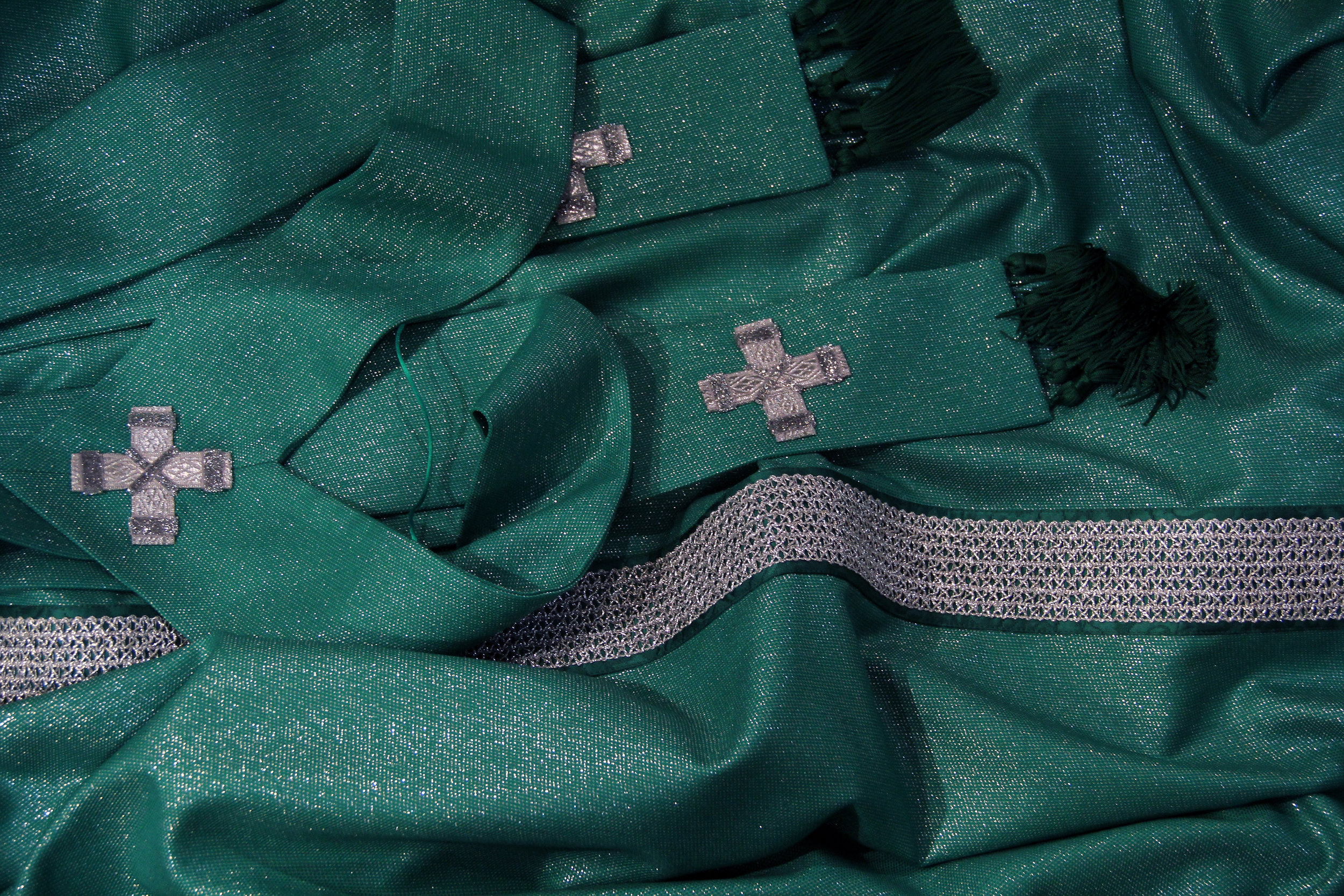
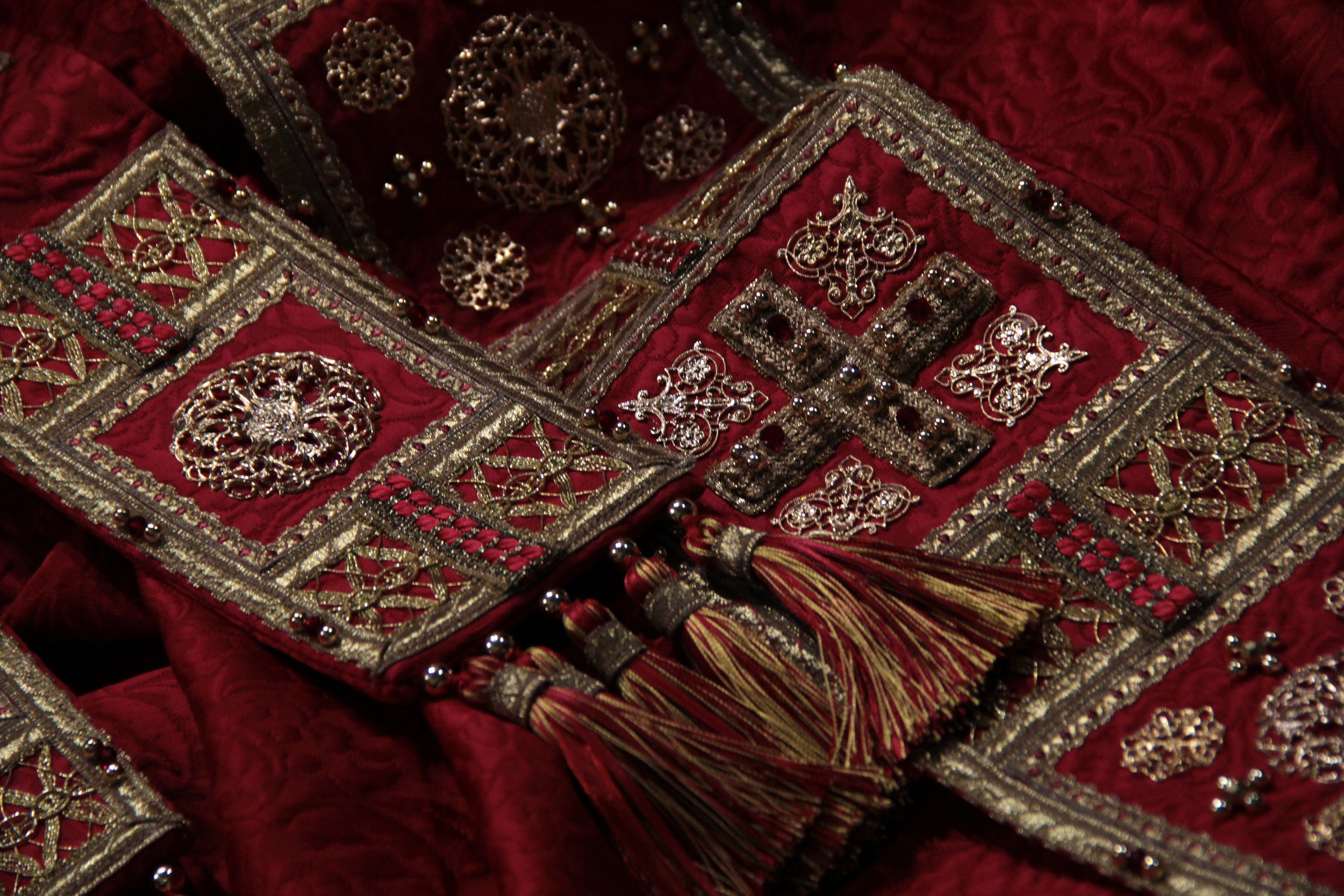
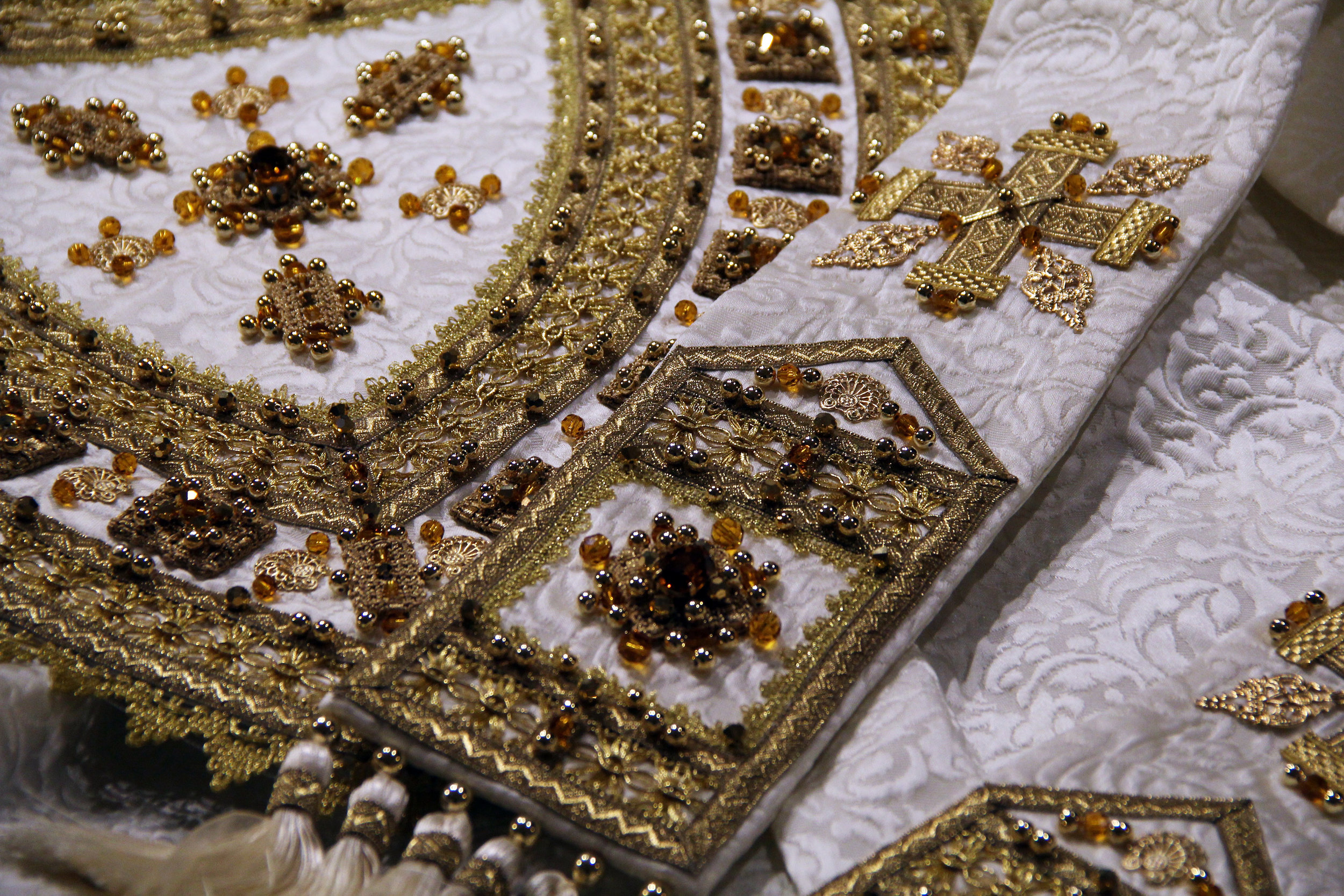
![caKCH4u[1].png](https://images.squarespace-cdn.com/content/v1/55282a19e4b0c4ec502b6f16/1506259189129-ARUHGOQHKWS9B3XL7RBQ/caKCH4u%5B1%5D.png)
![OlafCTp[1].png](https://images.squarespace-cdn.com/content/v1/55282a19e4b0c4ec502b6f16/1506259150145-LREDOSEE37XMFY8IME8P/OlafCTp%5B1%5D.png)
![rUvrWh2[1].png](https://images.squarespace-cdn.com/content/v1/55282a19e4b0c4ec502b6f16/1506259251515-FPFF1NQWRYYP875YCZCM/rUvrWh2%5B1%5D.png)
![4089ua3[1].png](https://images.squarespace-cdn.com/content/v1/55282a19e4b0c4ec502b6f16/1506259178522-N14GAHV3MN3EWVQHXUK6/4089ua3%5B1%5D.png)
![m3Wqo9z[1].png](https://images.squarespace-cdn.com/content/v1/55282a19e4b0c4ec502b6f16/1506259124793-SYL6ID5MC7SOIG71W58Q/m3Wqo9z%5B1%5D.png)
![huxasoo[1].png](https://images.squarespace-cdn.com/content/v1/55282a19e4b0c4ec502b6f16/1506259210335-JSVD2QAU0WK1QXIO15TK/huxasoo%5B1%5D.png)
![HeWUcIJ[1].png](https://images.squarespace-cdn.com/content/v1/55282a19e4b0c4ec502b6f16/1506259267599-UPQAAZFVIJ8VH5GLVLFZ/HeWUcIJ%5B1%5D.png)
![yJ5zs15[1].png](https://images.squarespace-cdn.com/content/v1/55282a19e4b0c4ec502b6f16/1506259226324-9H1W2P594HKKSNJ5XX4W/yJ5zs15%5B1%5D.png)
![6e9tksX[1].png](https://images.squarespace-cdn.com/content/v1/55282a19e4b0c4ec502b6f16/1506259260695-VEBDZJAXU0VS9CNVAN4S/6e9tksX%5B1%5D.png)
![UhHhytf[1].png](https://images.squarespace-cdn.com/content/v1/55282a19e4b0c4ec502b6f16/1506259385150-YUXBZM89ZD6Y1S262CLI/UhHhytf%5B1%5D.png)
